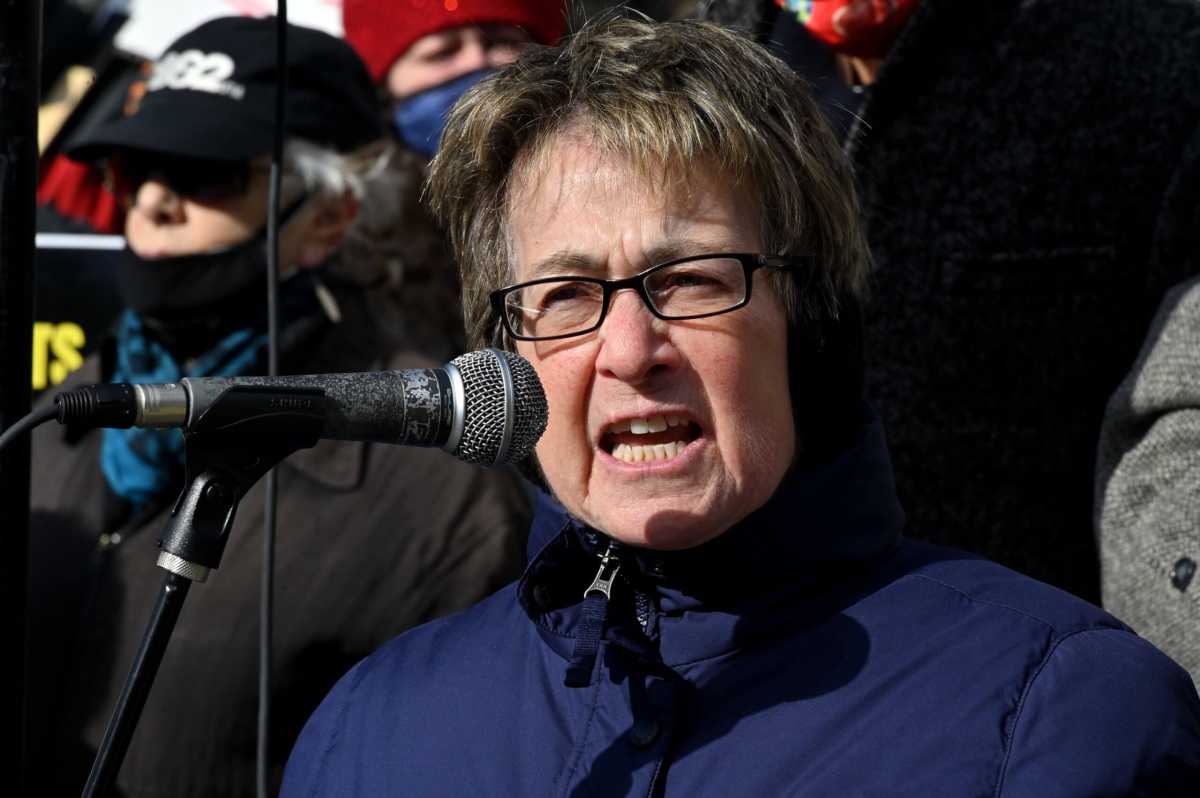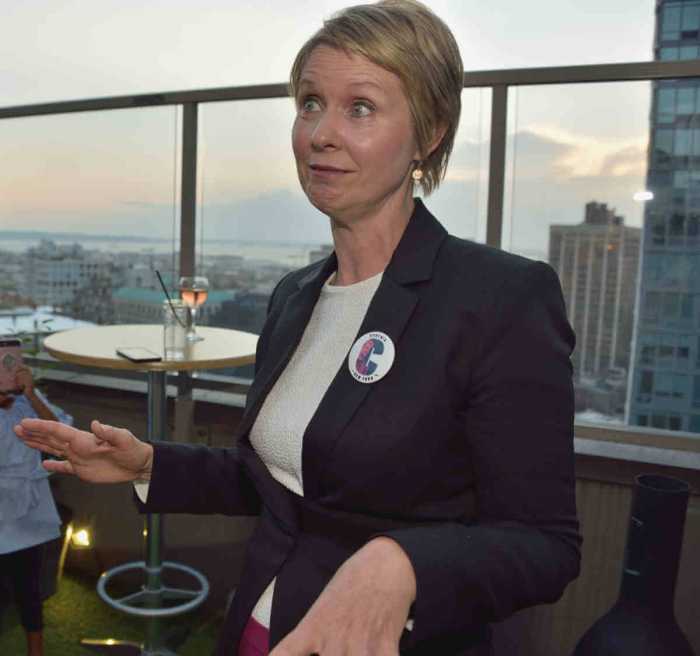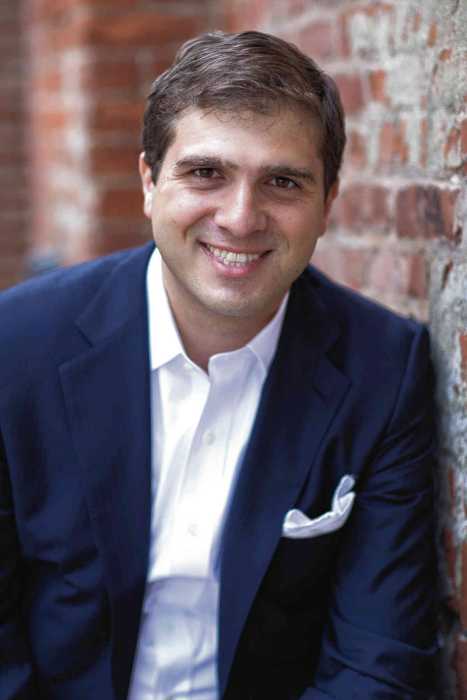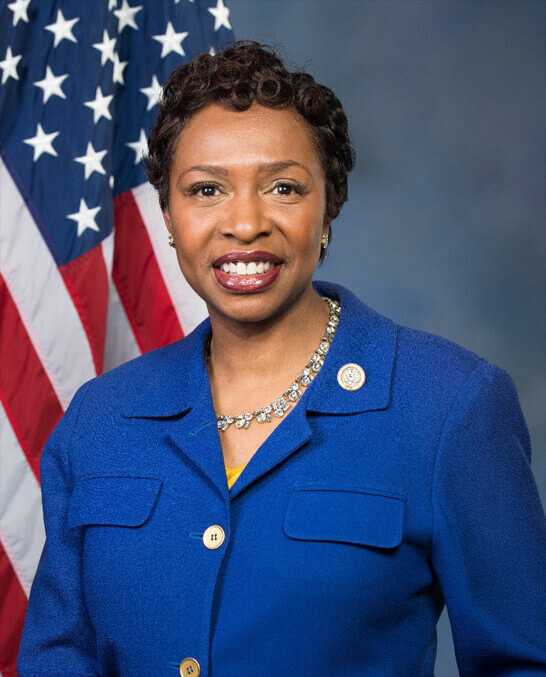It didn’t take long for people to start reaching out to Manhattan Assemblymember Deborah Glick after Politico leaked the news that the Supreme Court had the votes to overturn abortion rights. Folks were quick to remind Glick of the leadership role she played in the successful — albeit exhausting — campaign to codify Roe v. Wade in New York State.
“Colleagues said, ‘Boy were you right. I’m glad you saw this coming,’” Glick said during an interview with Gay City News.
Glick, who became the first out member of the State Legislature in 1990, spent years working to codify Roe v. Wade in New York. Lawmakers sealed the deal on that front three years ago when they passed the Reproductive Health Act after recapturing control of the State Senate. Along the way, people would ask Glick why it was necessary to codify the law — and now the answer to that question seems obvious.
The Politico article focused on a leaked draft showing that the Supreme Court is poised to overturn Roe v. Wade and Planned Parenthood v. Casey, which would immediately throw abortion rights into chaos in numerous states. Nearly half of states have abortion limitations, while more than a dozen have bans that would be triggered if the justices follow through on their apparent decision to overrule abortion rights.
While Glick described the Supreme Court news as “shocking,” she conceded that the “writing was on the wall” ever since Texas plowed ahead last year with SB8, a law effectively banning abortions by allowing legal challenges to be brought against anyone assisting in abortions. It was a way to work around the confines of Roe v. Wade — and other states have already borrowed that playbook for abortion and other issues, including LGBTQ rights.
Glick is concerned about what the future holds for abortion rights at a time when there are few options for people in those restrictive states — and even traveling to a nearby state for abortion services is up for debate. Some states, such as Missouri, for example, have considered legislation allowing people to sue individuals for helping someone cross state lines to seek an abortion. That bill has not passed, but nonetheless set off warning signs elsewhere.
“The notion that you can’t travel somewhere else and get this procedure is beyond imagining,” Glick said. “The right to freely travel is guaranteed in this country, and yes, for someone who would seek a medical procedure, there is the threat of criminal sanctions.”
Legislators in New York State are currently weighing several bills pertaining to abortion. Glick is co-sponsor of the Reproductive Freedom and Equity Program, which would provide funding to abortion providers and non-profit groups facilitating abortion care. That measure is intended to help New Yorkers seeking abortion care and provide funding to absorb the influx of people seeking abortion services from other states. As of 2019, nine percent of abortion procedures in New York were performed on people from other states.
Additionally, Glick said she and her colleagues are working on legislation similar to a bill that passed in Connecticut that shields state residents from penalties related to anti-abortion laws elsewhere.
“We are moving to protect any providers of reproductive services who might have an accusation of misconduct just on the basis of providing those reproductive services,” Glick said.
The longtime Manhattan assemblymember is focused on the Supreme Court’s imminent abortion ruling, but she is also afraid of the capabilities of a court that has shifted further to the right. She is worried that other rights could be targeted next — and there is already fear that the Supreme Court could either take aim at the nationwide marriage rights established by Obergefell v. Hodges or the sodomy rights stemming from Lawrence v. Texas. Voting rights have also been under relentless attack.
“The Roberts court — now the Trump court — has turned its back on several precedents,” said Glick, who pointed to the Citizens United v. FEC decision and Shelby v. Holder, among others. “I’m not an attorney, but I think there are signals that this court is in no way bound by the history, either of this country or even the courts, and despite all of their protestations at their confirmation hearings, there were things that were settled law. They lied under oath.”
The future of abortion rights, of course, remains in limbo, but Glick said maintaining the fight for the right to choose will be a critical component of the path forward for reproductive freedom. The Supreme Court’s looming decision represents, in her words, “a wake-up call.”
“Those of us on the Democratic side — on the more liberal to progressive side — have a live and let live attitude,” Glick said. “The people on the other side are determined to turn this country into a theocracy and do not seem to be committed in any way shape or form to democracy.”


































